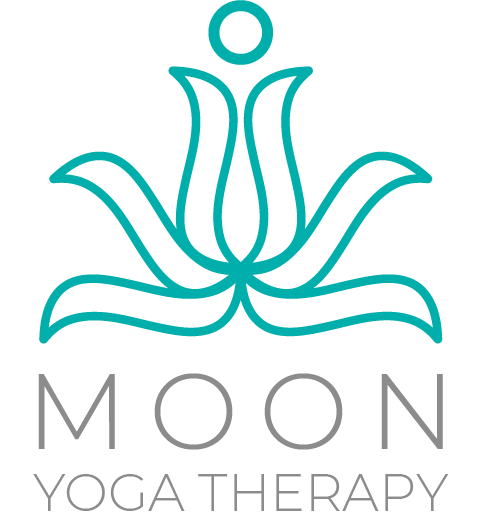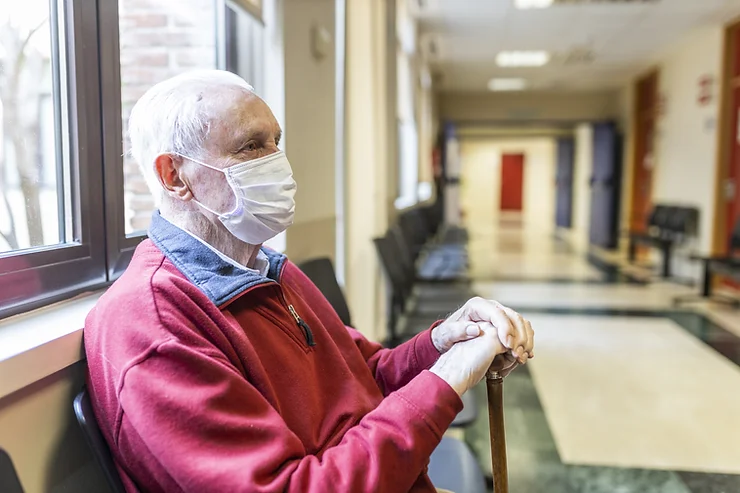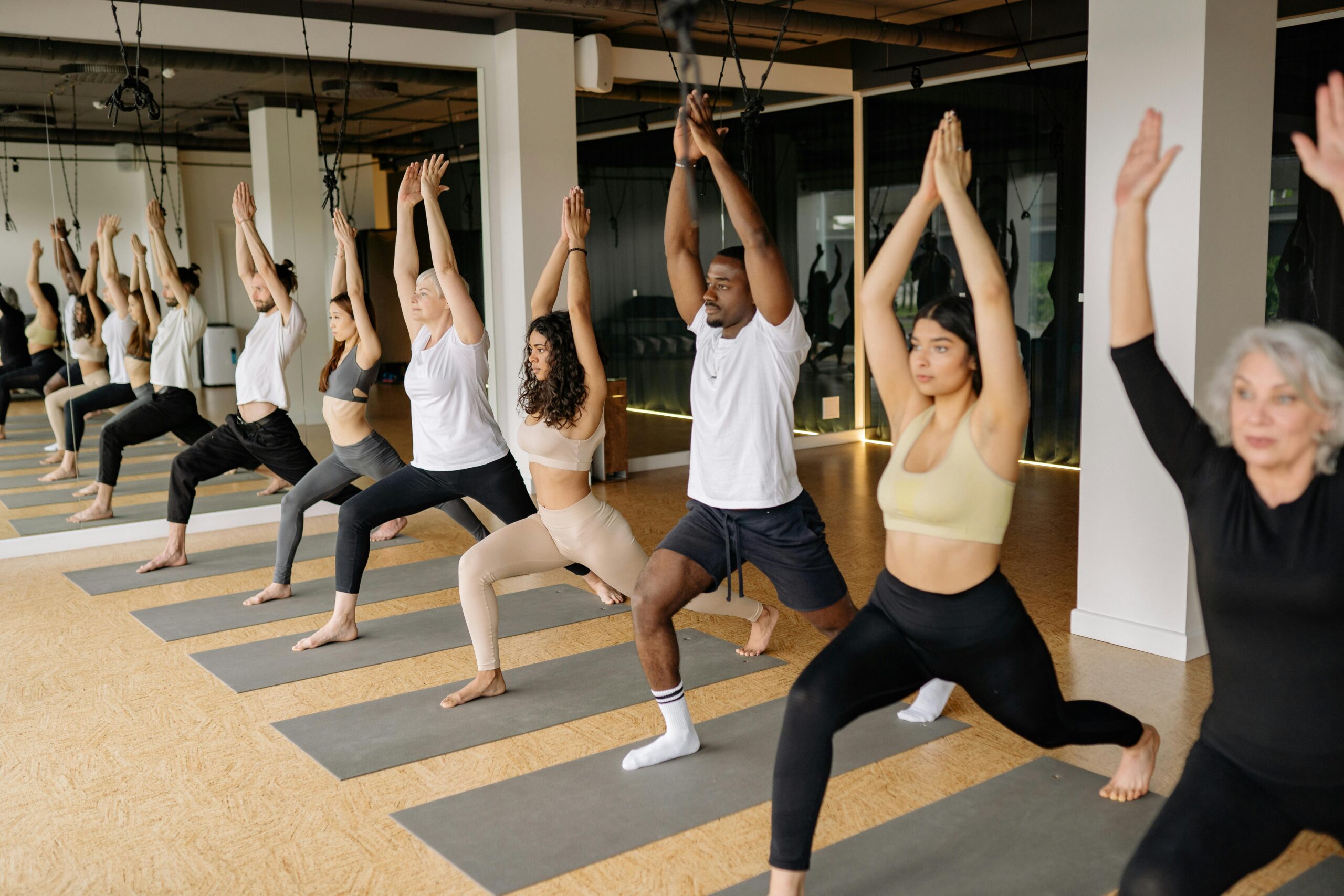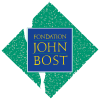The confinement in spring 2020, following COVID 19, had serious repercussions on the most vulnerable people. Indeed, from the start of the pandemic, the World Health Organization had also issued a warning: “Elderly people, especially if they are isolated or if they suffer from cognitive decline/dementia, can become show more anxious, angry, stressed, agitated or withdrawn during the epidemic and/or confinement. This is what we call post-traumatic syndrome, a real scourge among seniors during the health crisis.
Many people experienced traumatic stress during the COVID 19 health crisis. A study carried out at Lille University Hospital reveals that 33% of patients saw their symptoms worsen during this anxiety-provoking period. But it was especially the elderly who suffered the most. In fact, 66% of seniors aged 70 or over already have at least one pathology that exposes them to a higher risk of being seriously affected by the virus. With more than 193,710 people over the age of 80 having died, the mortality rate among the oldest is therefore very high. Which reinforces this feeling of fear and insecurity among seniors.
An unprecedented pandemic, transforming into a real source of anxiety and stress for the most vulnerable people. Also, faced with this truly worrying situation linked to forced confinement, some elderly people have sunk into dementia or developed “sliding syndrome”. A severe form of depression from which 1 to 4% of the population over 80 suffers. These seniors can therefore trigger episodes of dementia, no longer want to eat, or even refuse to seek treatment. All this with the aim of killing oneself and no longer suffering this inner suffering.
The symptoms of post-traumatic stress can be different from one person to another (feeling of fear, sleep problems, palpitations, rapid breathing, etc.). However, it is possible to relieve them thanks to yoga therapy. Indeed, in order to no longer relive these psychological and sometimes physical sufferings, yoga therapy consultations can really be a valuable help. The physical and mental approach to this practice is a very good way to find true inner peace, without being constantly torn by harmful emotions. Thanks to different postures and breathing techniques, and meditation, the body and mind gradually find true harmony.
The sessions are carried out gently. An essential element for elderly people who have been greatly affected and shaken by the COVID 19 crisis. Thus, thanks to yoga, the inner connection is recreated to make all these traumatic memories disappear. Yoga therefore allows you to refocus on yourself and only enjoy the present moment. Thus, over the course of the sessions, calm returns and post-traumatic stress disappears. Seniors suffering from this syndrome then become more peaceful again, and no longer have fear, thanks to a regained internal balance. Accompanied by a qualified yoga therapist, elderly people can relieve their trauma and no longer relive it over and over again. Combined with medical support, yoga therapy can really help people most shaken by the health crisis to regain true physical but also mental well-being. It is a therapy that adapts to all ages and all physical abilities of people.
References:
- https://www.euro.who.int/en/health-topics/health-emergencies/coronavirus-covid-19/publications-and-technical-guidance/health-care-considerations-for-older-people-during -covid-19-pandemic
- https://www.lci.fr/sante/covid-19-une-etude-du-chu-de-lille-7-pourcent-des-patients-hospitalises-souffrent-d-un-syndrome-de-stress -post-traumatic-2171311.html#:~:text=Thus%2C%20according to%20a%20study%20conducted, the%20diagnosis%20of%20the%20disease.
- West, J., Liang, B., & Spinazzola, J. (2017). Trauma sensitive yoga as a complementary treatment for posttraumatic stress disorder: A qualitative descriptive analysis. International Journal of Stress Management, 24 (2), 173–195.
- van der Kolk Laura, BA, West, J., Rhodes, A., Emerson, D., Suvak, M., & Spinazzola, J. (2014). Yoga as an adjunctive treatment for posttraumatic stress disorder: A randomized controlled trial. The Journal of Clinical Psychiatry, 75(6), 559-565.
- Gallegos, AM, Crean, HF, Pigeon, WR, & Heffner, KL (2017). Meditation and yoga for posttraumatic stress disorder: A meta-analytic review of randomized controlled trials. Clinical psychological review, 58, 115-124.











